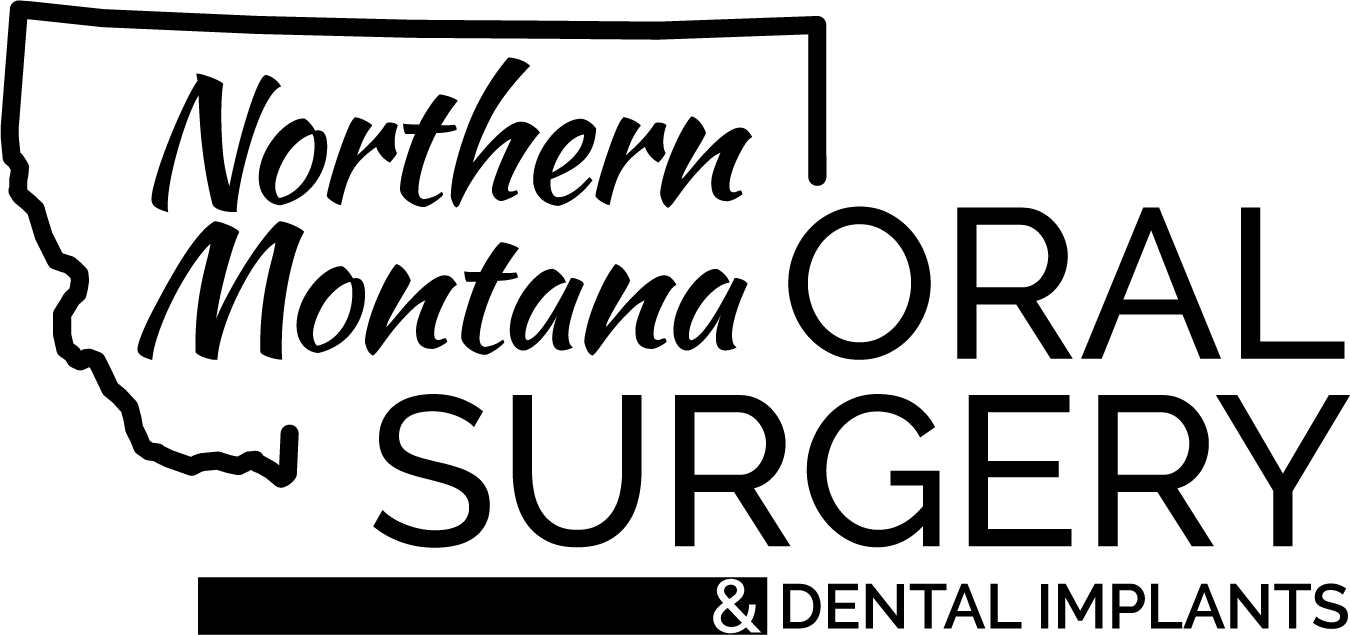Anesthesia
Anesthesia
Anesthetics are medications that block sensations of pain. These medications can be administered through a variety of methods. Most commonly, an anesthetic medication can be administered by injection, intravenously (IV), through inhalation (smelling), or topically (on the skin).
Before any type of dental treatment, including teeth cleanings, or even a simple cavity treatment, you’ll be given anesthesia so that you don’t experience any pain or discomfort during the procedure. There are different types of anesthesia available, and the dentist will discuss them with you beforehand to determine the right choice for you.
Here are some types of anesthetics available:
Local Anesthesia
Local anesthesia numbs the area where the dentist is working. This is usually used to prevent pain when giving a shot, filling a small cavity, or performing some minor cosmetic dentistry procedures that don’t require a great deal of movement.
Nitrous Oxide
Nitrous oxide is a gas that you breathe in during your procedure. It blocks pain and relaxes you so your dentist can complete your treatment without any stress or anxiety on your part. Nitrous oxide is also helpful for children and adults who have severe gag reflexes or need a lot of work done at once.
IV Sedation
IV sedation is for patients who are too anxious to undergo their dental treatment using just nitrous oxide or local anesthetics. With IV sedation, the patient is administered medication through a vein in the arm. This results in a deeper state of relaxation for the patient and eliminates any memory of the procedure. Because the patient is asleep during the procedure, the dentist can perform multiple treatments in one visit.
General Anesthesia
General anesthesia puts you “under” during your procedure. The medication is administered either intravenously or by inhalation through a mask placed over your nose. Patients are completely unconscious and experience no pain or discomfort, and the effects of this anesthesia are almost immediate.
General anesthesia is often used to complete many treatments in one appointment. Dentists may also recommend general anesthesia if a patient has trouble getting numb from local anesthetics or if they are undergoing an extensive procedure that will take a lot of time.
To find out more about the dental services we offer at our dental practice, Call this number (406) 727-4322 or request an appointment from our website to get a consultation. You can also visit us at 2511 Bobcat Way, Great Falls, MT 59405, or 515 14th Street West, Havre, MT 59501.
Our Locations
- MON - THU7:30 am - 5:00 pm
- FRI6:30 am - 1:00 pm
- SAT - SUNClosed
- MONClosed
- TUE8:30 am - 3:30 pm
- WED - SUNClosed
